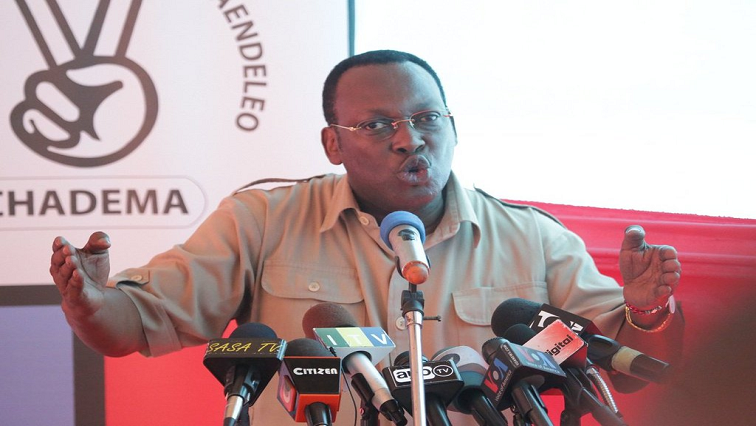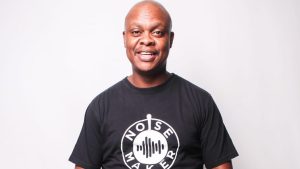Tanzanian opposition presidential candidate Tundu Lissu has been arrested, his Chadema party said on Monday after police thwarted planned opposition protests against last week’s election by detaining several officials of the main opposition party.
The opposition has demanded a re-run of the vote, citing what they called widespread suspected fraud, and called for protests against the outcome, which returned President John Magufuli to office with 84% of the vote on October 28.
Chadema gave no more details of Lissu’s arrest, and police were not immediately available for comment.
“We have not been able to protest,” Tundu Lissu, who garnered an official 13%, told Reuters earlier, citing heavy deployments of the police on the streets and the arrest of several party officials and supporters.
Chadema chairman Freeman Mbowe, former lawmaker Godbless Lema and the former mayor of Ubungo municipality, Boniface Jacob, were all arrested early on Monday. “I got a message around midnight that they had been taken in,” Lissu said.
Police have arrested the leader of Tanzania’s main opposition, Freeman Mbowe, and several others following last week’s disputed presidential election.
That’s according to the opposition Chadema movement’s presidential candidate, Tundu Lissu, who said on Monday that at around midnight he received a message that Mbowe and several others had been taken in.
Also arrested were former lawmaker Godbless Lema, the former mayor of Dar es Salaam, Isaya Mwita, and the former mayor of Ubungo municipality, Boniface Jacob.
Tanzania’s opposition has demanded a repeat of last Wednesday’s election citing irregularities and has called for protests.
The East African country’s electoral commission says incumbent John Magufuli won the poll with 84% of the vote.
Concerns have been raised internationally about Tanzania’s vote – with the United States raising concerns about reports of “systematic interference in the democratic process” and Britain saying it was “troubled by the reports of violence and heavy-handed policing.”






